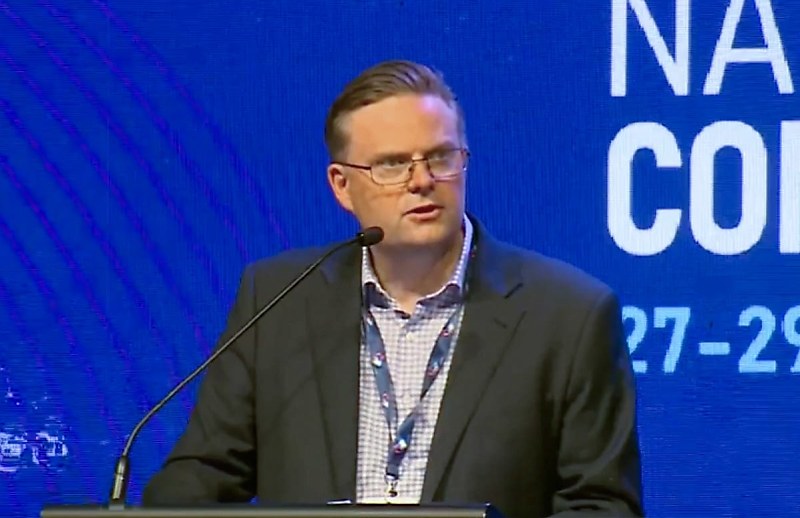ATO reveals small business hit list to combat tax debt
TaxThe Tax Office hopes shedding light on its enforcement priorities will improve taxpayer compliance.

The ATO has laid out its latest enforcement priorities for small businesses in an attempt to close the tax gap and claw back growing levels of collectable debt.
Taxpayers who diverted business income for personal use, gamed deductions and concessions, and operated outside of the system would be under the microscope this quarter, deputy commissioner Will Day told attendees of the IPA’s National Congress on Thursday.
The ATO's small business focus comes after data released in August showed their unpaid tax debts grew to $35.6 billion in 2024, or around two-thirds of the total $54 billion debt book.
The small business tax gap also sits at 12.6 per cent, which Day said was caused by mistakes, opportunistic behaviours and deliberate tax evasion. The tax gap for larger companies is 4.2 per cent.
“If you look at both the tax gap and the debt book, they are both symptoms of a system operating less than optimally,” Day said.
“We need to reduce this revenue gap, and in doing so, we need to address the drivers that contribute to some small businesses not paying the right amount of tax, so that the system is fairer for all.”
Crackdown on Div 7A, deductions, shadow economy
To zero in on drivers of non-compliance, Day said the ATO would be embarking on an ongoing quarterly campaign to increase transparency and help businesses “get it right from the start”.
“We will be sharing our areas of focus areas where we are concerned small businesses are getting it wrong, being opportunistic or deliberately operating outside the system on an ongoing basis,” he said.
“We are being transparent and sharing with you early what these concerns are, to give you a runway to address any issues and help your clients get their affairs in order.”
Day said the ATO’s campaign for this quarter would focus on Division 7A issues involving business versus personal income, inappropriate claims of deductions and concessions and shadow economy behaviours.
He said the most common Division 7A mistakes were caused by shareholders or associates failing to understand that a company was a separate legal entity and that owners were not entitled to company money and assets.
“We know many Division 7A dividends arise due to failing to keep private expenses separate from company expenses and failing to keep proper records of these private transactions,” he said.
Another issue that would attract the ATO’s attention was small businesses claiming non-commercial losses due to misunderstanding tax rules, or deliberately making claims for “contrived” losses.
In 2022–23, around 232,000 taxpayers claimed a total of $4.5 billion in non-commercial losses on their tax returns.
Day also singled out shadow economy operators, accounting for 60 per cent of the small business tax gap, with ride-share operators failing to register for GST set to be the “immediate” focus.
He said the ATO would be contacting drivers from February next year where its records indicated tax non-compliance.
“We know too many ride-sourcing drivers are not GST-registered and therefore not paying GST – essentially, they are operating totally outside the tax system.”




